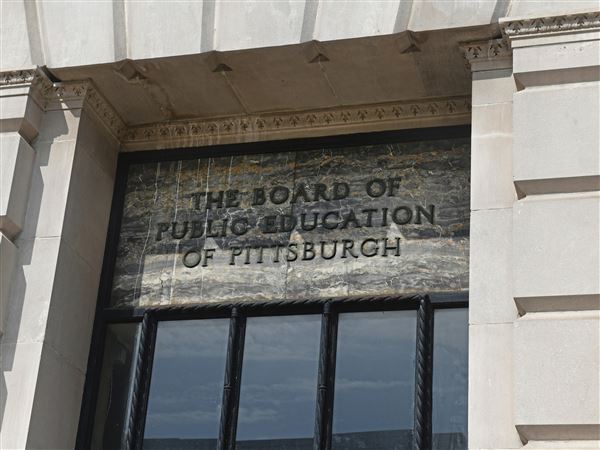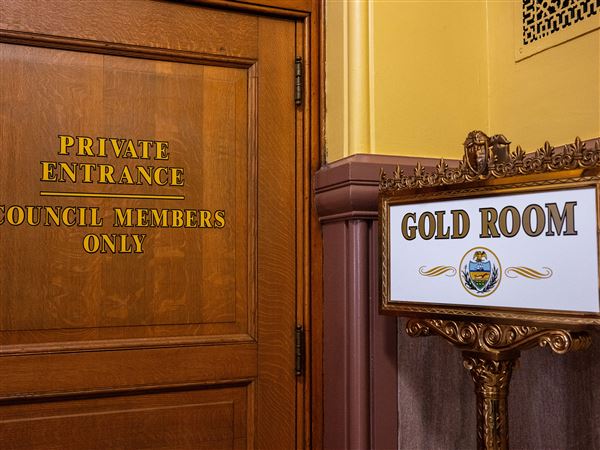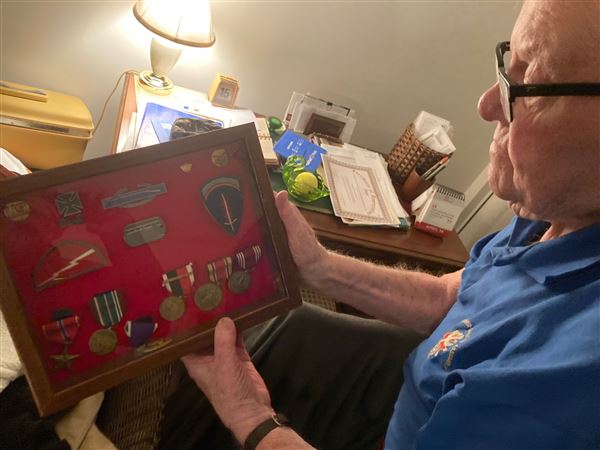For the first time, a government advisory board is asking scientific journals not to publish details of certain biomedical experiments, for fear that the information could be used by terrorists to create deadly viruses and touch off epidemics.
In the experiments, conducted in the United States and the Netherlands, scientists created a highly transmissible form of a deadly flu virus that does not normally spread from person to person. It was an ominous step, because easy transmission can lead the virus to spread. The work was done in ferrets, which are considered a good model for predicting what flu viruses will do in people.
The virus, A(H5N1), causes bird flu, which rarely infects people but has an extraordinarily high death rate when it does. Since the virus was first detected in 1997, about 600 people have contracted it, and more than half have died. Nearly all have caught it from birds, and most cases have been in Asia. Scientists have watched the virus, worrying that if it developed the ability to spread easily from person to person, it could create one of the deadliest pandemics ever.
A government advisory panel, the National Science Advisory Board for Biosecurity, has asked two journals, Science and Nature, to keep certain details out of reports they intend to publish about the research. The panel said conclusions should be published, but not "experimental details and mutation data that would enable replication of the experiments."
The panel cannot force the journals to censor their articles, but the editor of Science, Bruce Alberts, said the journal was taking the recommendations seriously and would probably withhold some information -- but only if the government creates a system to provide the missing information to legitimate scientists worldwide who need it.
The journals, the panel, researchers and government officials have been grappling with the findings for several months. The Dutch researchers presented their work at a virology conference in Malta in September.
Scientists and journal editors are generally adamant about protecting the free flow of ideas and information, and ready to fight any hint of censorship. "I wouldn't call this censorship," Mr. Alberts said. "This is trying to avoid inappropriate censorship. It's the scientific community trying to step out front and be responsible."
Mr. Alberts said there was legitimate cause for the concern about the researchers' techniques falling into the wrong hands. "This finding shows it's much easier to evolve this virus to an extremely dangerous state, where it can be transmitted in aerosols, than anybody had recognized," he said. Transmission by aerosols means the virus can be spread through the air via coughing or sneezing.
Both studies of the virus -- one at the Erasmus Medical Center in Rotterdam, in the Netherlands, and the other at the University of Wisconsin-Madison -- were paid for by the National Institutes of Health. The idea behind the research was to try to find out what genetic changes might make the virus easier to transmit.
That way, scientists would know how to identify changes in the naturally occurring virus that might be warning signals that it was developing pandemic potential. It was also hoped that the research might lead to better treatments.
Anthony Fauci, head of the National Institute of Allergy and Infectious Diseases, said the research addressed important public health questions, but he added, "I'm sure there will be some people who say these experiments never should have been done." Dr. Fauci said institute staff members followed the research results and flagged it as something that the biosecurity panel should evaluate.
The Erasmus center lead researcher, Ron Fouchier, did not reply to requests for an interview. The center said in a statement that researchers there had reservations about the panel recommendation but would observe it.
The Wisconsin researcher, Yoshihiro Kawaoka, was out of the country and "not responding to queries," said a university spokesman. But the school said its researchers would "respect" the panel's recommendations.
David R. Franz, a biologist who formerly headed the Army defensive biological lab at Fort Detrick, Md., is on the board and said its decision to intervene, made in the fall, was reasonable. "My concern is that we don't give amateurs -- or terrorists -- information that might let them do something that could really cause a lot of harm," he said in an interview.
Microbiologist Ronald M. Atlas at the University of Louisville, past president of the American Society for Microbiology, who has advised the federal government on germ terrorism issues, said the difficult part of the recommendations would be creating a way to move forward in the research with a restricted set of responsible scientists. He said that if researchers had a better understanding of how the virus works, they could develop better ways to treat and prevent illness.
First Published: December 21, 2011, 5:00 a.m.














